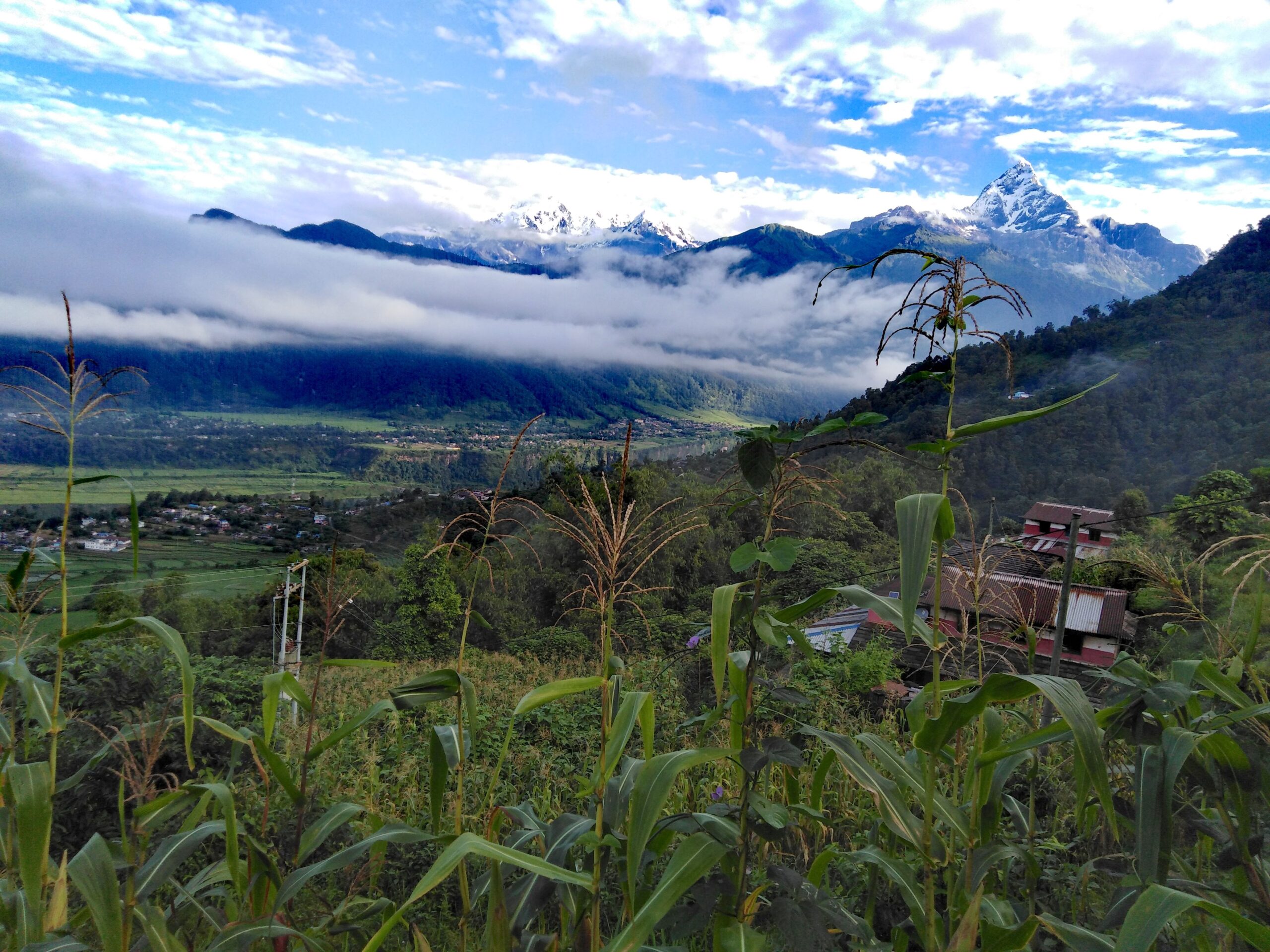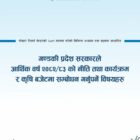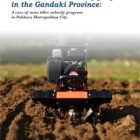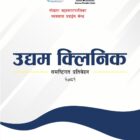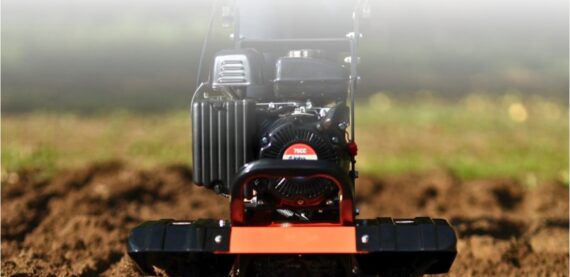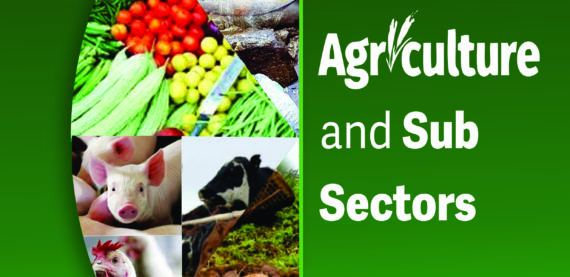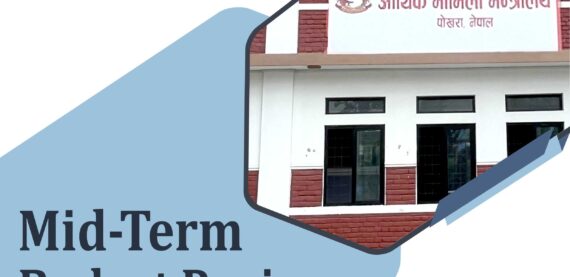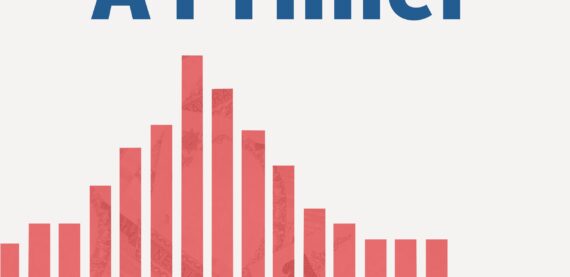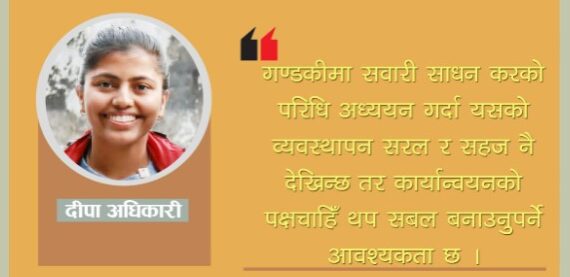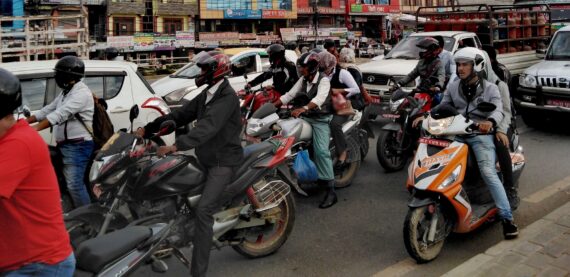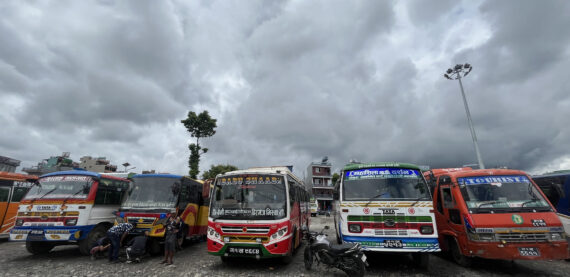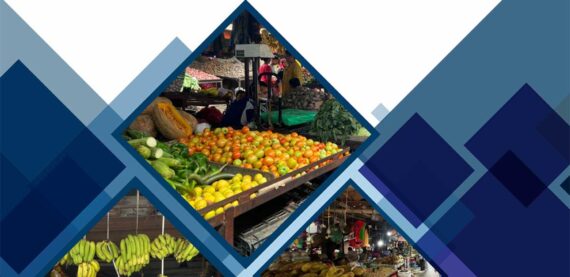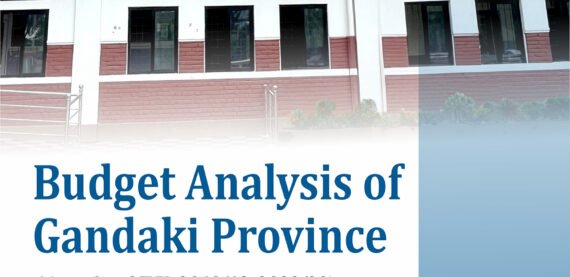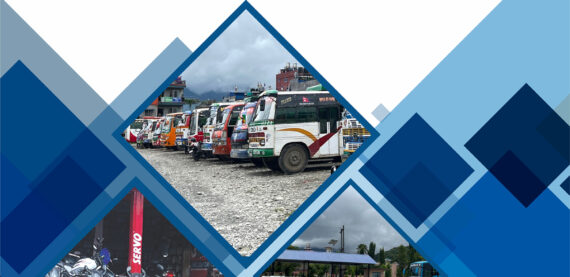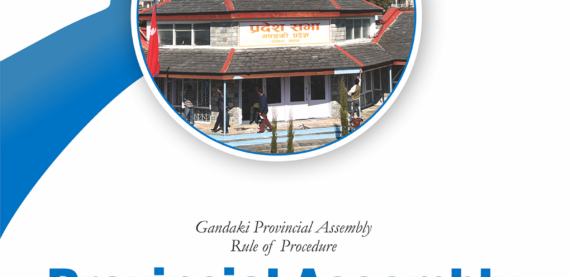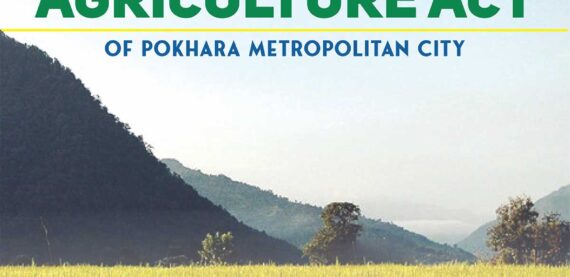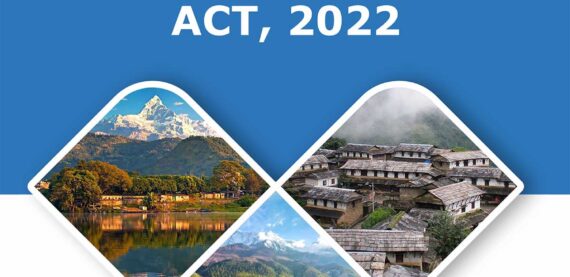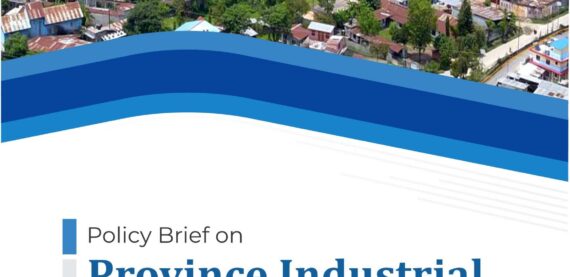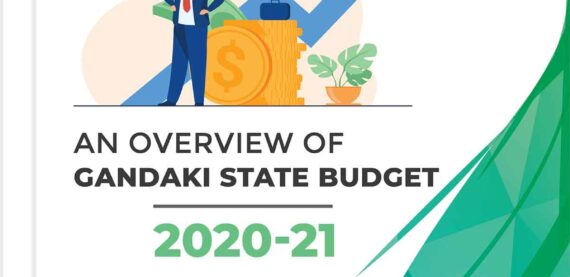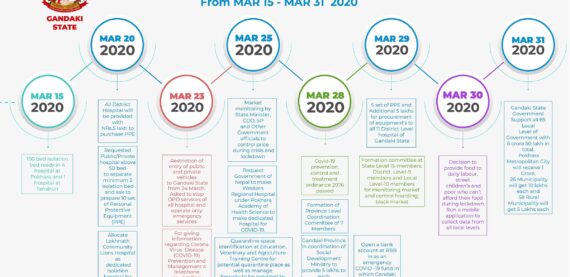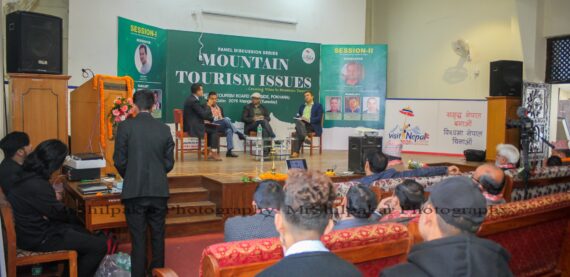The introduction of agricultural tractors with the advancement of tools and technology has greatly facilitated farming practices. In order to promote and modernize agriculture in Gandaki Province, providing concessions on motor vehicle taxes for agricultural tractors can play a significant role.
In line with this objective, in the fiscal year 2078/79, tractors were classified into two categories: for agricultural purpose and non-agricultural purpose. The tax amount for tractors used for agricultural purposes was set at Rs. 4000, while for non-agricultural purposes, it was Rs. 15000. This categorization was a commendable step towards supporting the agricultural sector. However, in the subsequent fiscal year 2079/80, there was no mention or continuation of this categorization, which could have been more advantageous by maintaining differentiated tax amounts for tractors based on their purpose.
Moreover, the programs and policies outlined in the fiscal year 2079/80, specifically point number 117, emphasize the importance of ensuring food and nutrition security that highlights the need to increase production and productivity through the modernization, mechanization, and commercialization of the agricultural sector, with the aim of creating opportunities for self-employment. However, this objective
contradicts with the discontinuation of the categorization of agricultural tractors in the same fiscal year of Gandaki Province. The categorization of tractors based on their purpose was a step towards promoting mechanization and supporting the agricultural sector. Therefore, the removal of this categorization appears to be in conflict with the provincial government’s aim to modernize and commercialize agriculture for enhanced food security and self-employment opportunities.
So, the classification of agricultural tractors in terms of motor vehicle taxation would be supportive in the agricultural growth of Gandaki either directly or indirectly which continuation is of crucial importance at the present pretext. Thus, to achieve sustainable mechanization and promote the industrialization of our province, it is also essential to strengthen the domestic production of high-quality agricultural machinery tailored to the needs of farmers which can be achieved through policy interventions that encourage local innovations and the production of reliable agricultural machinery. As the result with the perseverance of aligning with Program and Policies of the fiscal year 2080/81, Gandaki Province has incorporated this categorization to support the agricultural sector.
Hence, it is essential for the programs and policies of the specified fiscal year in Gandaki Province to align with the corresponding Financial Act and Budget Appropriation. Without this alignment, the programs and policies will remain mere words on paper, lacking the necessary implementation and impact. It is crucial for the government to ensure coherence and synchronization between these components to effectively address the needs and aspirations of the province and its people. Only through proper coordination and integration can the programs and policies translate into meaningful actions and outcomes.

A committed and ambitious lawyer, currently enhancing her expertise on Good Governance and Parliamentary Affairs as a meticulous researcher at the Pokhara Research Centre.

